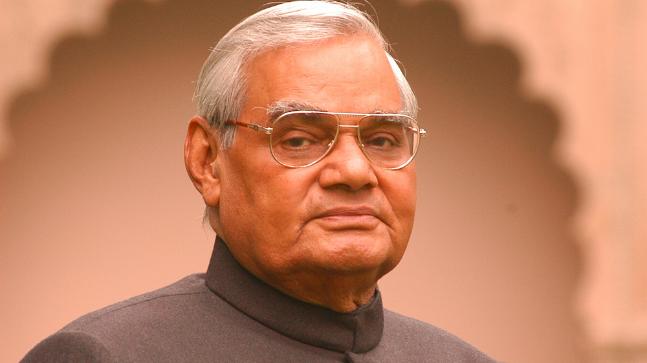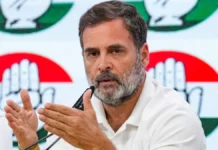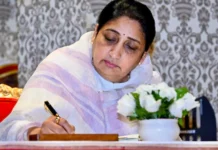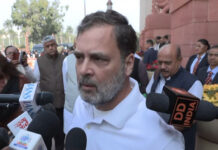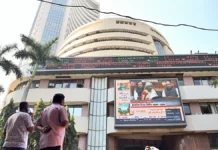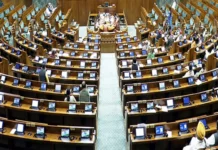WASHINGTON: India and Pakistan were “pretty close” to resolving the Kashmir issue, in phases, during the regime of then prime minister Atal Bihari Vajpayee and military ruler Gen Pervez Musharraf, Prime Minister Imran Khan said on Tuesday.
“They came pretty close on resolving the Kashmir issue – phased movement referendum during the time of Vajpayee,” Khan said in response to a question during his appearance at the US Institute of Peace, a US-Congress funded think-tank.
He, however, refrained from elaborating on the solution, saying it’s a sensitive issue. But he insisted that Kashmir is the “bone of contention” between India and Pakistan.
Khan said Pakistan’s “top priority is to build good relationships with our neighbours” apart from putting an end to corruption and building strong institutions. “We must have stability in our region,” he said.
He said that after coming to power, he first tried to reach out to India.
“India is a country which we’ve had turbulent relationship with. Unfortunately, because of one issue of Kashmir, whenever, we have tried, whenever relationship has started to move in the right direction with India, some incident happens and that’s all related to Kashmir, and we go back to square one,” he said.
Prime Minister Khan said that soon after assuming office, he reached out to his Indian counterpart and assured him that he will take two steps, if India takes one step, because the biggest problem India and Pakistan face is poverty.
“The best way we can reduce poverty is that we start trading with each other,” Khan said.
Deflecting a question on Mumbai attack mastermind and Jamaat-ud Dawah chief Hafiz Saeed, who was recently arrested for the seventh time, Khan said it is in the interest of Pakistan that “we do not allow any armed militant groups to operate” in our country.
The Pulwama attack, he claimed, was “an indigenous thing.”
Pakistan, he said, came in picture, because a group (Jaish-e-Mohammed) based in his country and also in Kashmir claimed responsibility for the attack.
“The country has had enough of militant groups. Pakistan is now determined. We would not be disarming them if the security forces were not behind this decision,” he said.
Khan, who is on a three-day official visit to the US, met President Donald Trump – the first face-to-face interaction between the two leaders – on Monday in the White House. He described the meeting as very successful, which has reset the bilateral relationship.
“I never asked for any (security) assistance (from the US). I asked for understanding nor assistance,” Khan asserted.
Responding to a question, Khan claimed that Pakistan under him has given up its decades old policy of strategic depth in Afghanistan. This had evolved in the past because of the fear that Pakistan would be squeezed up from both sides in the case of an Indian influence in Afghanistan, he said.
“There is no concept of strategic depth (in Afghanistan) now,” Khan said. “We believe that we should not interfere in the internal affairs of Afghanistan. This is the big difference now. We (the elected government and the army) are on the same page.”
Khan said that because of his decades old policy that there is no military solution to the Afghan issue he has “certain amount of credibility”.
The Taliban, he said, wanted to meet him earlier, but he refused because the Afghan Government was not keen on his meeting with the Taliban.
Khan said he will reach out to the Taliban to try to convince them to open negotiations with the Afghan government. The Taliban have so far refused to talk directly to the Afghan government.
The Trump administration has intensified its efforts to seek a negotiated settlement of America’s longest war in Afghanistan where the US has lost over 2,400 soldiers since late 2001, when it invaded the country after the 9/11 terror attacks. PTI

